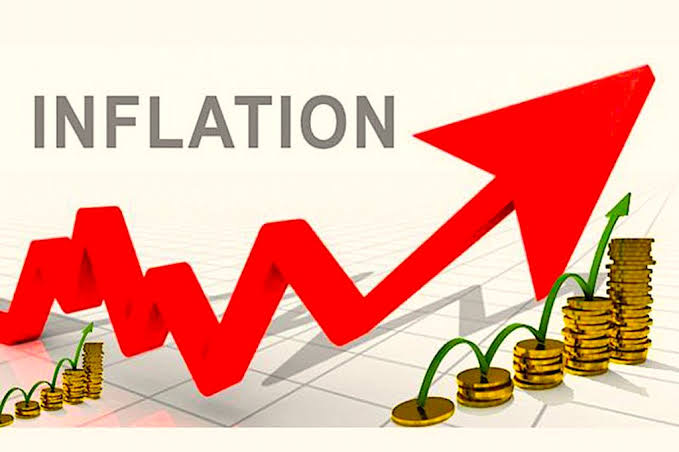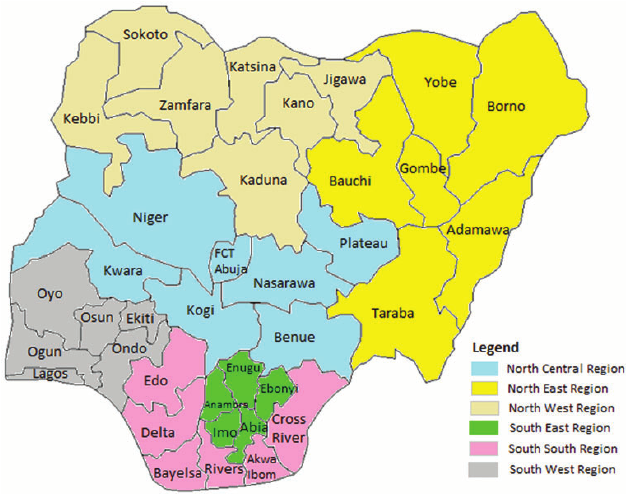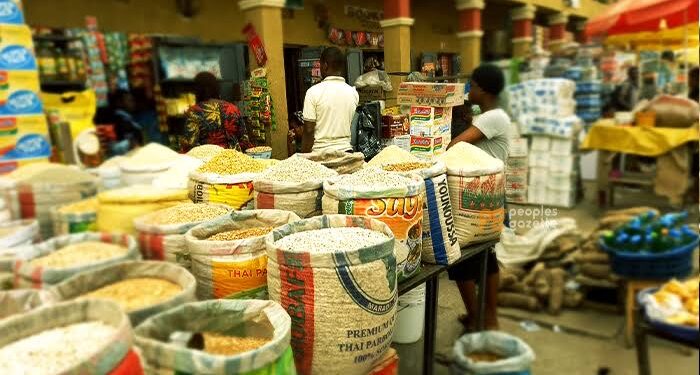Nigeria, following global trends, is facing an unprecedented rise in basic food prices. In Kaduna, Kano, and Katsina, the surge in prices has notably affected staples such as rice, bread, sugar, garri, beef, and eggs, making it increasingly difficult for many households to afford three meals a day.
At the Abubakar Gumi Central Market and other markets in Kaduna city, the price of Mama Gold rice has increased to about N75,500 per bag, while a 50kg Stallion Optimum brand now costs between N77,000 and N80,000. Bread prices range from N1,000 to N2,500 per loaf, depending on the brand and quality. White garri, which used to cost N400 per measure (mudu), now sells for between N1,200 and N1,400. Yellow garri, previously N600, is now priced between N1,300 and N1,500. Similarly, a crate of eggs, formerly N3,000, now sells for N4,000 to N4,500, depending on size. The price of beef has also risen from N3,000 to N5,000 per kilogram.

Farmers in the region attribute the rising food costs to the removal of the fuel subsidy. In Kafanchan, some farmers explained that the high transportation costs resulting from the subsidy removal are driving up food prices. Ishaya Chingali, a large-scale farmer, noted that inflation has also increased the cost of farm inputs like fertilizers and herbicides. He suggested that reducing transportation costs could cut food prices by 50%.
Kure Kade, president of the Organic Ginger Farmers Association, called for government subsidies for farm inputs, stating that Nigeria could achieve food self-sufficiency without imports.

In response to the situation, the Kaduna government has distributed farm inputs, implements, and agro-processing equipment to 40,000 smallholder farmers under its ‘A Koma Gona’ (Back to Farm) initiative, aimed at boosting food production across the state’s 23 local government areas. Agriculture Commissioner Murtala Dabo highlighted the state’s leading production of ginger, maize, and tomatoes but acknowledged post-harvest losses. He assured that the government would address these losses by reviving the stalled tomato processing plant in Ikara.
Additionally, the state has launched the Livestock Development Project (L-PRES) to mitigate herder-farmer conflicts. Ahmed Abubakar, a member of the Albarka-Shika Farmers Cooperative Society, urged the government to enhance agricultural mechanization and replace traditional plough systems with modern equipment to improve food security and wealth generation. He emphasized the need for subnational governments to provide affordable labor-saving devices to attract young people to farming.
Abubakar also praised the federal government’s initial intervention for wheat farmers during the dry season, which provided about 10,000 farmers with improved seed varieties, herbicides, fertilizers, and other inputs at a 50% discount.
































